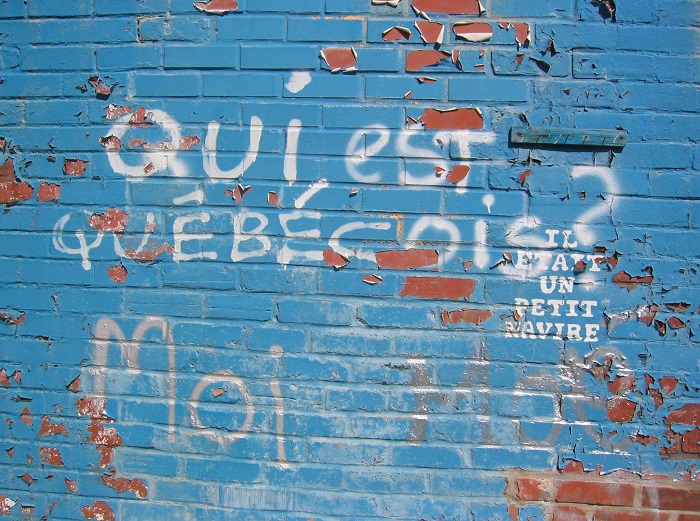The difference between a French speaker in Quebec and a French speaker in France is very easy to hear… but what about when it comes to reading?
The difference between a French speaker in Quebec and a French speaker in France is very easy to hear… But if you’re working on a legal translation or a medical translation, the sweet melody of regional accents is no longer heard. This doesn’t mean, however, that differences don’t exist. Here’s a brief overview of the differences between French in Quebec and French in France.
The most differences arise in spoken language
Most differences between French in Quebec and French in France will be heard when speaking. This is the case, as we have already noticed, with most accents. However, in French in Quebec, there’s also a more widespread use of the second person singular, of curses that are most often blasphemies related to the Catholic Church (« Câlisse de tabarnak ! »), of the feminization of nouns starting with a vowel (« une avion », « une hiver ») and also of the interrogative particle « tu » (« J’ai-tu l’air fatigué ? »).
Lexical variations
The easiest differences to identify and characterize are lexical differences : « achaler » means « to anger», boucane means smoke, linen is a cloth, supper is taken at the time of the French dinner and liqueur contains no alcohol as it refers to a soft drink. Note that some of these lexical features are found in other regional languages (such as in French from Switzerland or Belgium), which suggests that these are remnants from ages past: this is particularly the case with linen and dinner. Other lexical features, however, are influenced by the Amerindian proximity: this is the case with « babiche » (snowshoe).
Anglicisms… or not
The geographical location of Quebec and its four centuries of cohabitation with its anglophone neighbors have shaped the language. However, the relation with anglicisms is not unequivocal: if many anglicisms were fully integrated into the popular language (it’s the case of « chum » for “boyfriend” and « robeur » for « tire »), the official language follows the recommendations of the Office québécois for the French language. This organization calls to systematically translate anglicisms, often by neologisms: we won’t say : «emails are an alternative to “chats”» ,” but “courriels”are an alternative to “clavardages” ». We will also note, for example, the words « baladodiffusion » (for podcasting) and « magasinage » ( for shopping).
Conclusion: when working on a translation for Quebec, whether it’s a marketing translation, a financial translation or any other type of translation, pay attention to your anglicisms…
Discover our French translation services.



